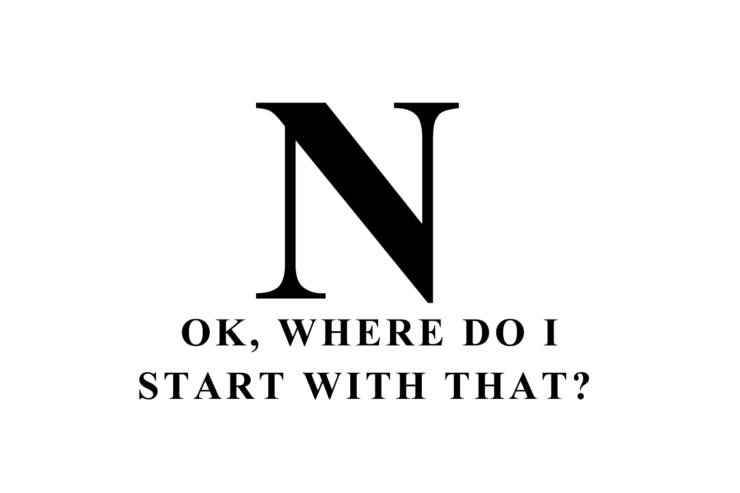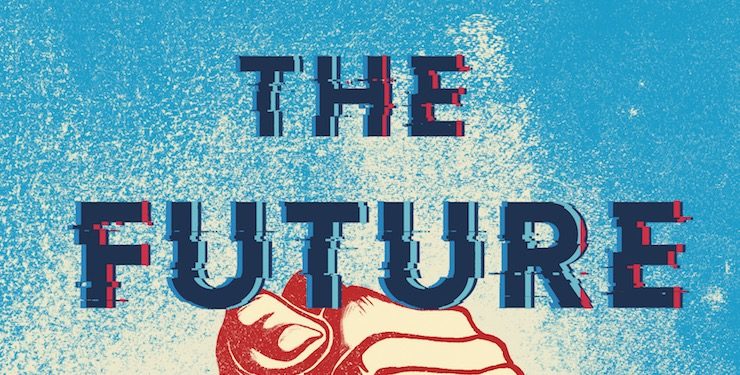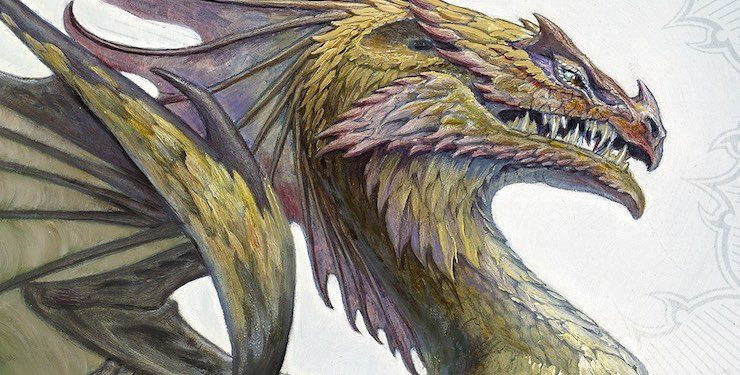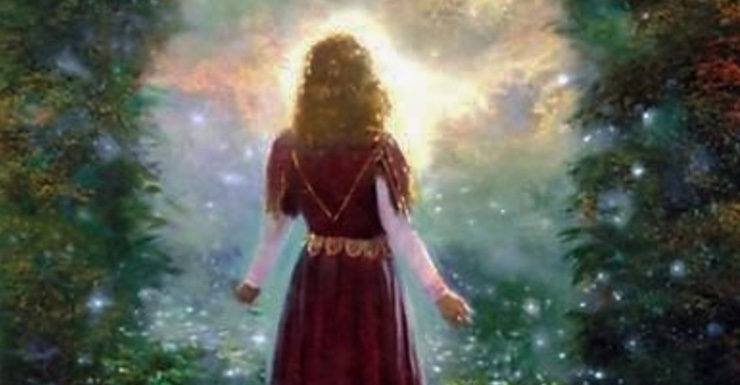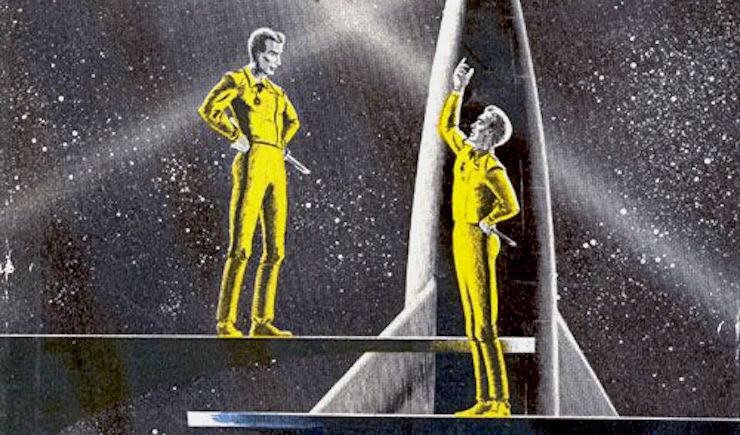When I write about a book, people often ask me if it’s a good place to start with that author, or where would be a better starting point. So I have been engaged in a project of going along my bookshelves one letter at a time, suggesting good places to start with different authors. N is just over halfway through the alphabet, so that means this project is now past the halfway point. Some readers seem amazed at how many authors I have read, and others at my appalling ignorance of their especial favourites. Sometimes I forget well respected writers whose books I’ve read from the library, or that happen to be on loan at the moment.
These are personal suggestions for authors I read and have opinions about. Please add any other N authors I’ve forgotten, or don’t read, along with your suggestions for where to start them. (Please don’t add a list of names without suggestions, that’s not much use.) Also, if you disagree with my suggestions, or with each other’s suggestions, feel free to comment with your alternatives, preferably with reasons that would help somebody who wants to start understand what to choose.
Vladimir Nabokov—for a genre reader, definitely Pale Fire, one of the most enjoyable books ever written. You need to like T.S. Eliot and be amused by unreliable narrators, and you may only understand it properly the second time you read it, but it’s well worth the effort. It’s a Ruritanian fantasy, a puzzle, two moving stories, and it’s laugh out loud funny. He also wrote a lot of other books, many of them very good, but nothing else quite like Pale Fire. I’d do a proper post on it, but unfortunately, Pale Fire, which I first read when I was seventeen, is now one of the books I almost know by heart, which makes it difficult to sit down and read.
E. Nesbit wrote children’s books at the very beginning of the twentieth century, in England. Some of them are fantasy. The best place to start is probably Five Children and It which is about some children who find a sand fairy who gives them a wish every day, and the unfortunate and amusing consequences of that.
Harold Nicholson was a British mid-twentieth century diplomat and MP who wrote copious volumes of diaries, which are probably of interest only to a historian of the period (1907-1964, especially interesting on the thirties). He also wrote Some People (1927) which is kind of autobiography and kind of fiction and light and charming and is well worth picking up if you happen to come across it.
Nigel Nicolson is his son. His Portrait of a Marriage, about Harold Nicolson’s marriage with Vita Sackville West, is well written, candid and fascinating.
Patrick Nielsen Hayden is my editor at Tor, the editor of the fiction part of this site and an occasional blogger here. He also edited three terrific numbered anthologies called Starlight. Start with the first one, but they’re all the kind of anthology that showcases the very best work in genre at the time they were published.
Teresa Nielsen Hayden wrote Making Book, which is an essay collection about books, God, narcolepsy, the necessity of punctuation, and other things.
Audrey Niffenegger—I’ve only read The Time Traveler’s Wife (post) but I hear she has a new one out.
With Larry Niven, I think the best place to begin is with his Known Space short stories, and therefore the collection N-Space.
David Nobbs is a British writer of mainstream books intended to be funny, who, astonishingly, manages to amuse me. Maybe it’s his ability to make me laugh and cry at the same time. Start with Second From Last in the Sack Race.
Charles Nordhoff and James Norman Hall wrote The Mutiny on the Bounty, a terrific book, with slightly less good but still worth reading sequels. My favourite book of theirs is the hard to find memoir Fairy Lands of the South Seas, about their adventures in the islands of the Pacific immediately after WWI.
Kathleen Norris was an early twentieth century American writer of utterly unpredictable romances, including the weirdest book in the world (post). You should start with whatever you can find in the library or for a dollar, but Heartbroken Melody is guaranteed to give you a fine case of WTF. I keep reading Norris because I can stop halfway through and have no clue what is going to happen next. I have identified some of her axioms, but you can’t believe how refreshing it is to read something where the plot is surprising.
There’s another Kathleen Norris, a modern one, who writes uplifting spiritual books in which I have no interest whatsoever. Do not confuse them.
Sharyn November is an editor at Firebird, whose series of SF and fantasy YA anthologies (all with the word Firebirds in the title) I’d wholeheartedly recommend even if I didn’t have a story in the third one. Start with Firebirds.
Jo Walton is a science fiction and fantasy writer. She’s published eight novels, most recently Half a Crown and Lifelode, and two poetry collections. She reads a lot, and blogs about it here regularly. She comes from Wales but lives in Montreal where the food and books are more varied.










